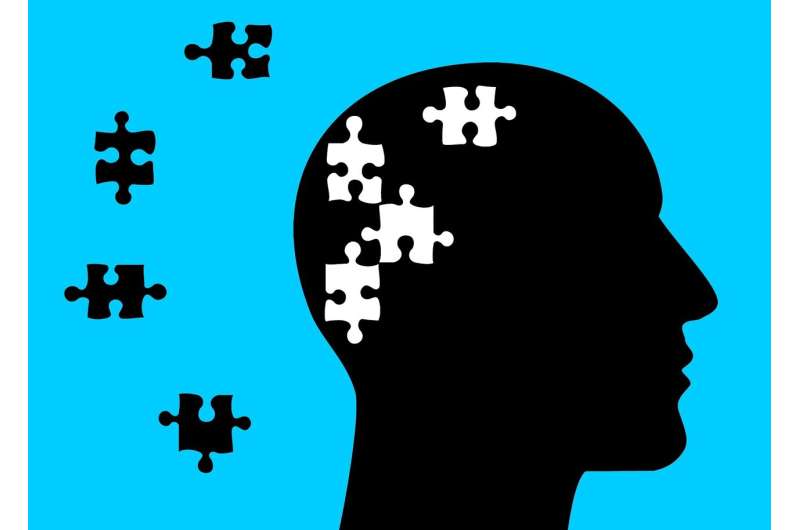Having a Sense of Purpose May Protect Against Dementia

A sense of purpose in life may significantly reduce the risk of developing dementia and aid in healthy aging, according to recent UC Davis research. Discover how meaningful activities can boost brain resilience.
Recent research highlights the significant role that maintaining a sense of purpose in life can play in safeguarding brain health as we age. Studies into Blue Zones—regions known for longevity—have long suggested that a meaningful sense of purpose contributes to longer, healthier lives. A groundbreaking study from UC Davis, published in The American Journal of Geriatric Psychiatry, confirms that individuals with a higher sense of purpose are approximately 28% less likely to develop cognitive impairments such as mild cognitive impairment and dementia.
This extensive research tracked over 13,000 adults aged 45 and older for up to 15 years, revealing that the benefits of purpose in life extend across all racial and ethnic groups. Notably, these benefits persisted even after accounting for factors like education, depression, and genetic predispositions such as the APOE4 gene, which is associated with increased Alzheimer's risk. As Dr. Aliza Wingo explains, "Having a purpose helps the brain stay resilient with age," and even individuals with genetic risks may experience a delay in the onset of dementia.
While the study did not specifically analyze which activities contribute to a sense of purpose, previous research suggests that activities such as nurturing relationships, volunteering, religious involvement, pursuing hobbies, and acts of kindness can foster this feeling. Importantly, possessing a purpose may delay cognitive decline slightly—by about 1.4 months over eight years—but this modest delay holds significant value given the high costs and risks associated with medical interventions like medications.
The research utilized a survey based on the Ryff Measures of Psychological Well-being to quantify purpose in life. Participants were regularly tested for cognitive function, and findings showed that individuals with higher purpose scores experienced cognitive decline later than their counterparts with lower purpose levels.
Although causality cannot be established definitively, these findings reinforce the importance of psychological well-being for healthy aging. Experts advocate that fostering a sense of purpose through meaningful relationships, personal goals, or community involvement can be a strategic, cost-effective approach to dementia prevention, emphasizing that it's never too early—or too late—to find what gives life meaning.
Stay Updated with Mia's Feed
Get the latest health & wellness insights delivered straight to your inbox.
Related Articles
Theater Therapy Enhances Emotional Well-Being in People with Parkinson's
A groundbreaking study reveals that theater activities significantly enhance emotional well-being and reduce feelings of isolation among individuals with Parkinson's disease, offering a promising complementary therapy to improve quality of life.
How Maintaining a Positive Outlook May Help Preserve Memory
Discover how maintaining a positive outlook can help protect your memory as you age. Learn practical strategies to boost well-being and support cognitive health over time.
Online Course Significantly Enhances Sleep Quality by 40%
A free online course developed by Macquarie University psychologists has shown to improve sleep quality by 40%, offering accessible treatment for insomnia and related sleep disturbances across Australia.



